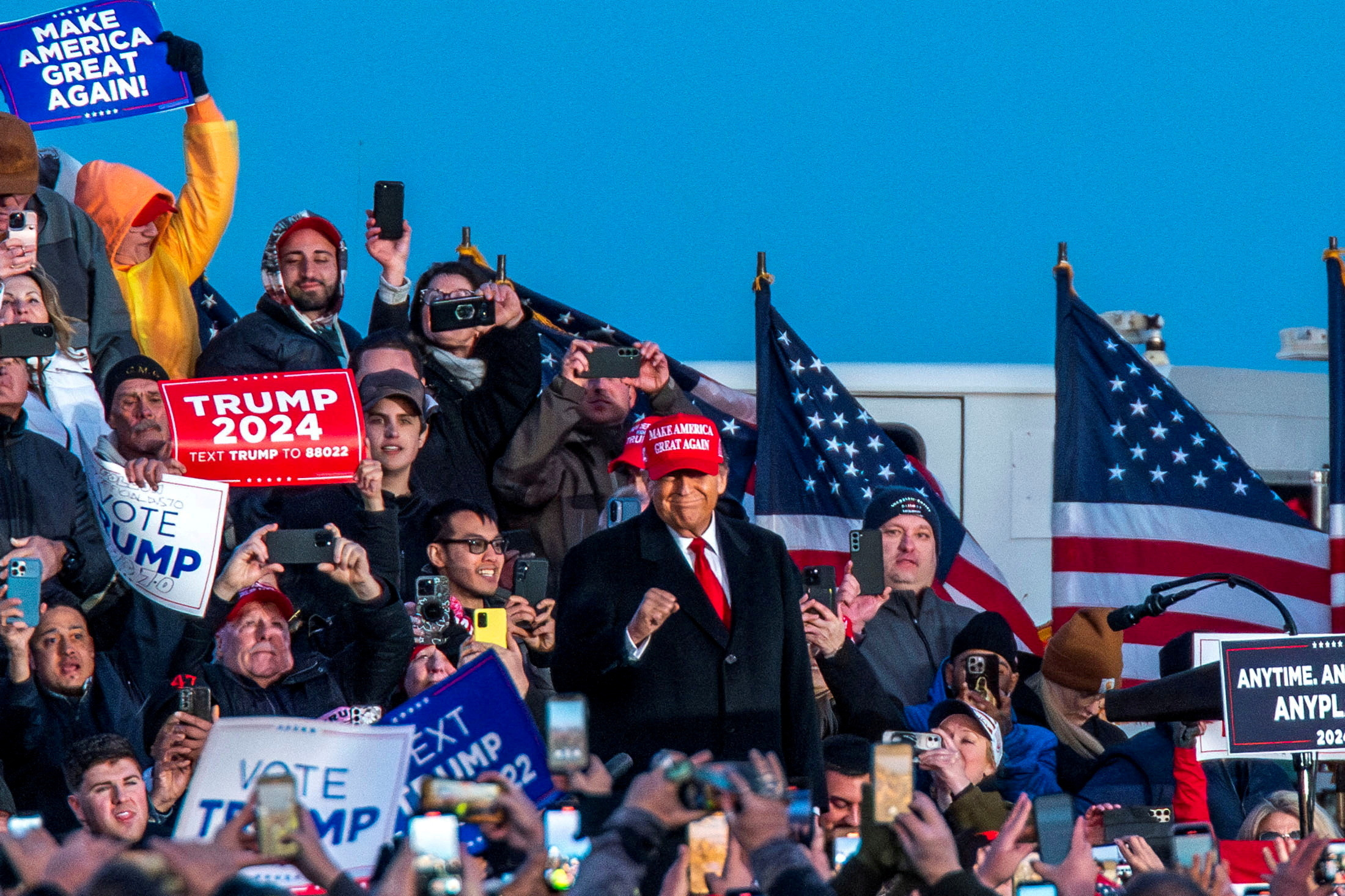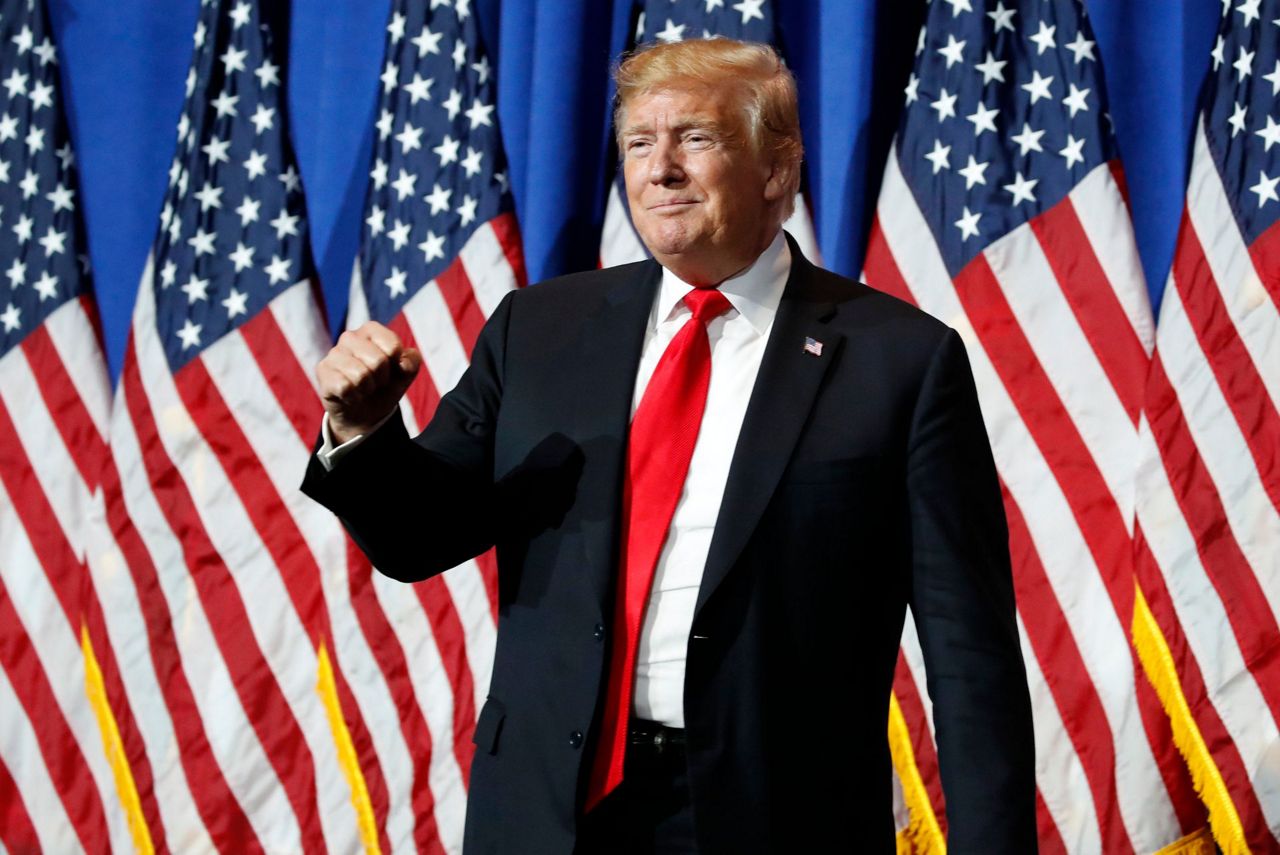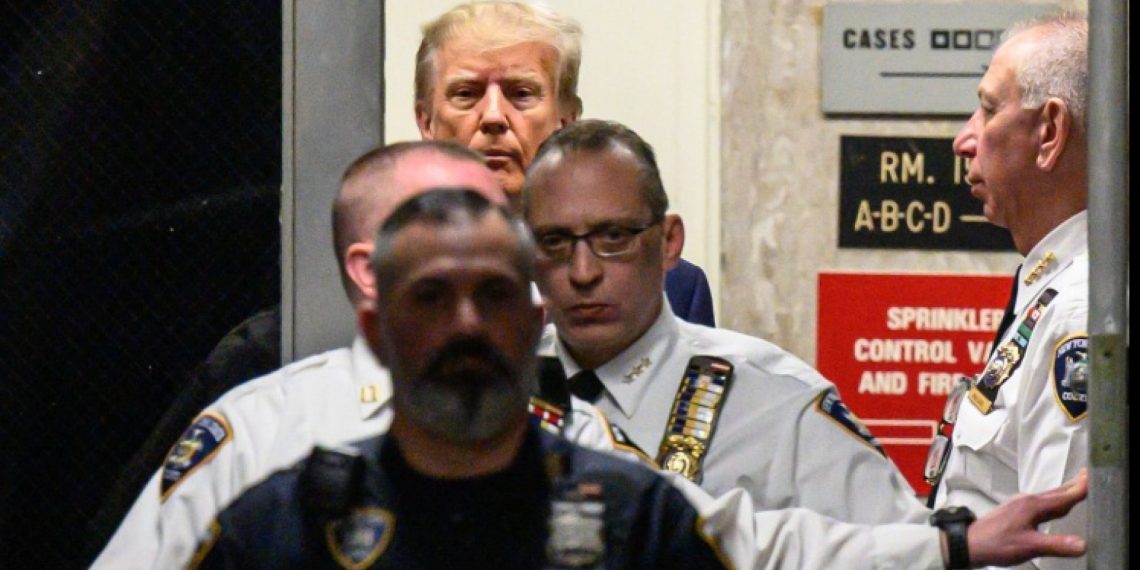Donald Trump‘s commitment to combat what he perceives as “anti-white feelings” in the United States has ignited debate over race-related policies.
Advocates close to the former president propose repurposing government and corporate programs aimed at tackling racism and promoting diversity to also protect the rights of white individuals.
While Trump did not cite specific instances of anti-white bias in a recent interview with Time magazine, his campaign website outlines plans to address such concerns.

This includes reversing President Biden‘s executive order mandating federal agencies to assess the accessibility of their programs to underserved communities, which encompass people of color, LGBTQ individuals, and rural Americans.
At campaign events, Trump pledges to defund schools teaching critical race theory, a concept seldom integrated into public school curriculums.
His allies suggest withholding federal funding from entities implementing Diversity, Equity, and Inclusion (DEI) programs, which aim to promote workplace diversity and inclusivity.
Critics argue that such actions undermine efforts to rectify historical inequalities faced by marginalized groups.
They contend that programs Trump aims to dismantle are essential for addressing systemic inequities that persist in society.
However, proponents of Trump’s stance argue that policies designed to promote diversity should not discriminate against any racial group, including white individuals.
They advocate for a more inclusive approach to combating discrimination, citing provisions of the Civil Rights Act of 1964, which prohibits discrimination based on race, color, religion, sex, or national origin.

Despite differing views, Trump’s campaign asserts its commitment to uplifting all Americans, irrespective of race or religion.
However, opponents argue that his policies would exacerbate racial tensions and hinder progress toward achieving equality.
Legal experts note the potential challenges in implementing some of the proposed measures, particularly regarding the Justice Department‘s authority to intervene in private sector practices.
The debate surrounding Trump’s stance underscores the complexity of addressing racial issues in contemporary America.





